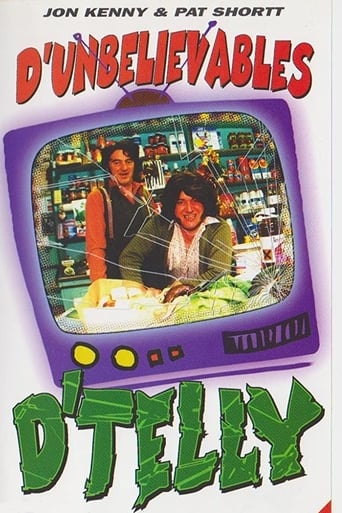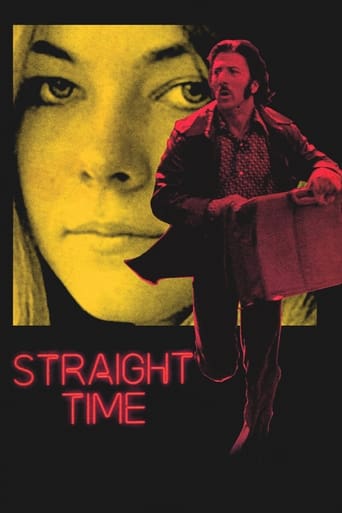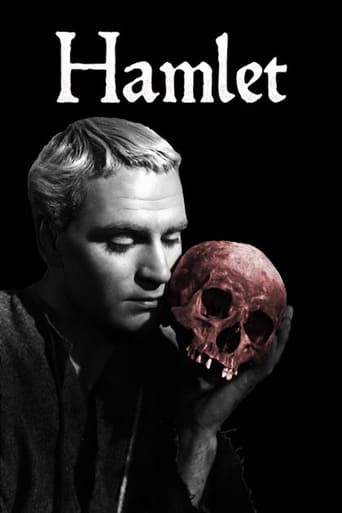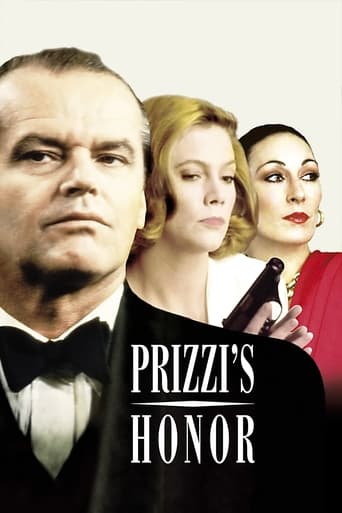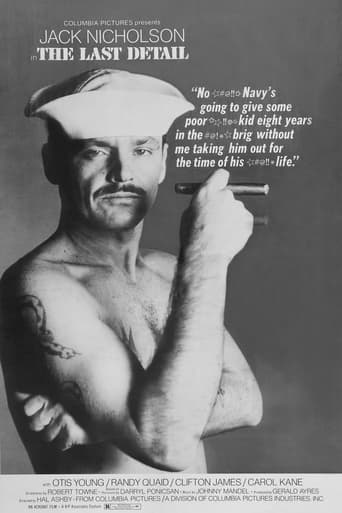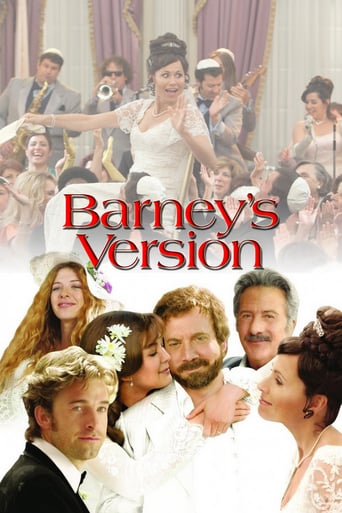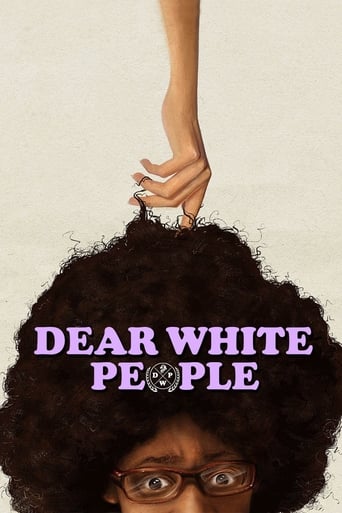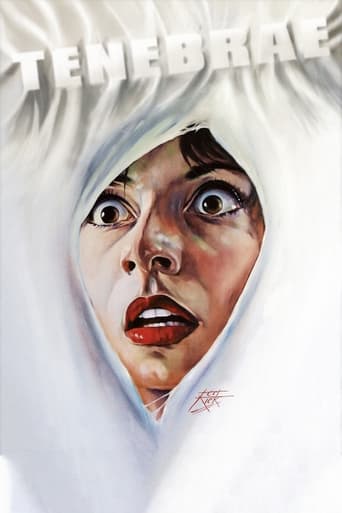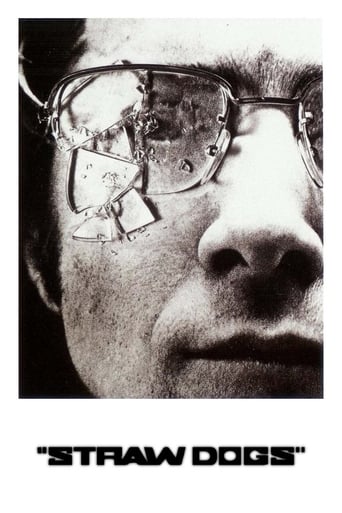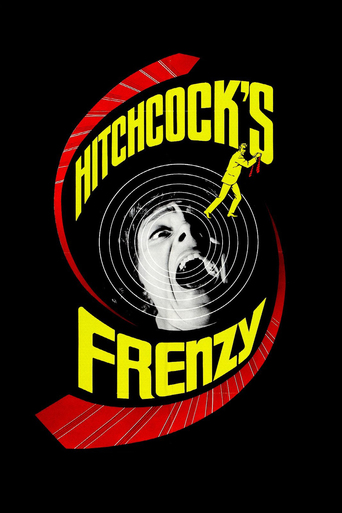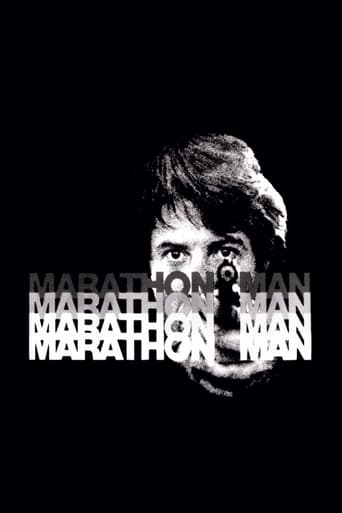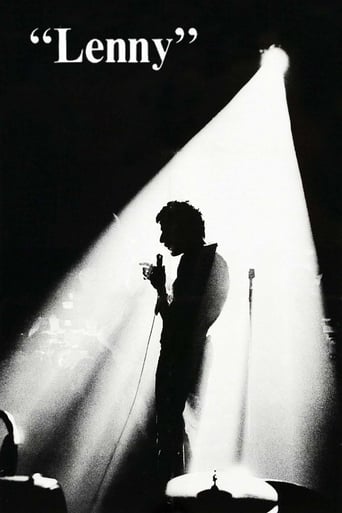


Lenny
The story of acerbic 1960s comic Lenny Bruce, whose groundbreaking, no-holds-barred style and social commentary was often deemed by the establishment as too obscene for the public.
-
- Cast:
- Dustin Hoffman , Valerie Perrine , Jan Miner , Stanley Beck , Rashel Novikoff , Gary Morton , Michele Yonge


Similar titles
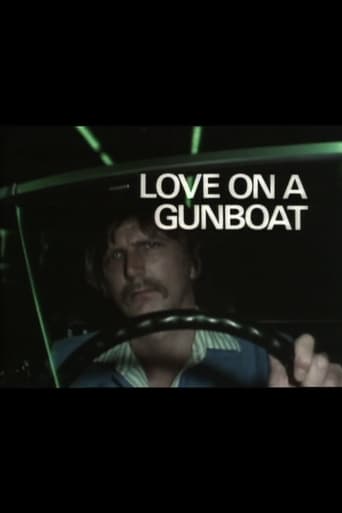
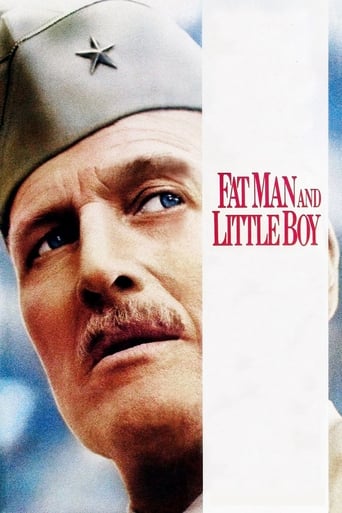
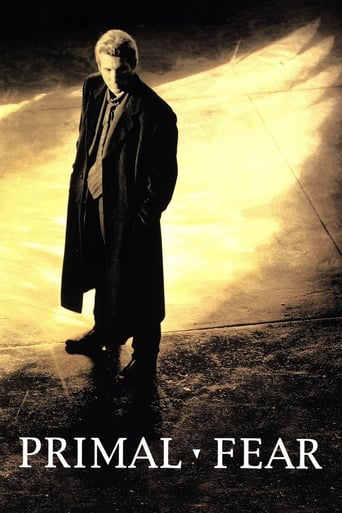
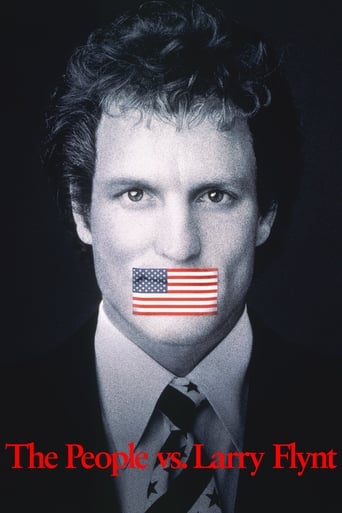
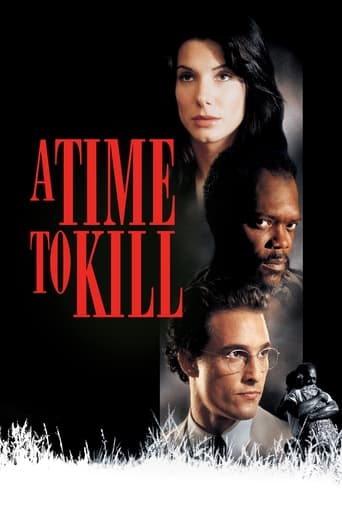
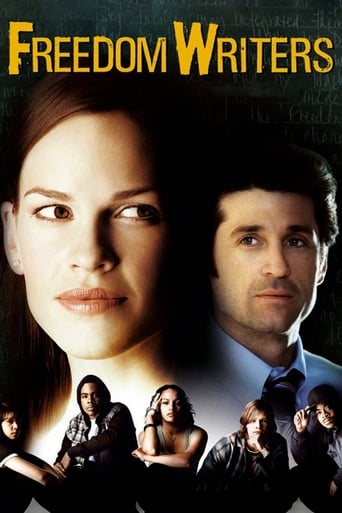
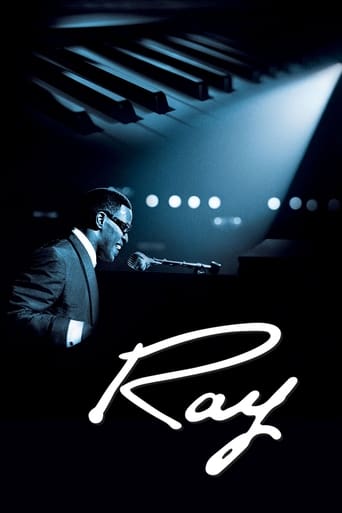
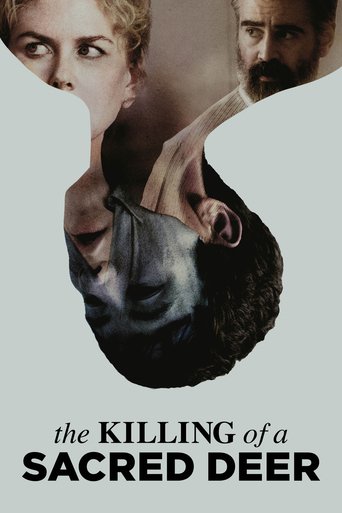
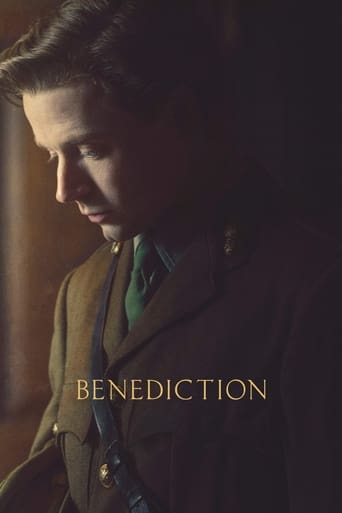
Reviews
Truly Dreadful Film
Surprisingly incoherent and boring
There is, somehow, an interesting story here, as well as some good acting. There are also some good scenes
Actress is magnificent and exudes a hypnotic screen presence in this affecting drama.
It can not be said that Dustin Hoffman this evil, no, the truth is that he is well, but is that even with that I stop boring me a lot. I thought I was going to watch a movie and I saw a series of successive shows of the actor. Of course we are talking about the character but what I care less about are his jokes, I'm sure I find that in other places. Little pieces of biopic, very few and summarized to tell us how it was, well each one is each one. It would have been more interesting to see his life the truth with some joke but not the other way around.If it had been to go to a theater to see him doing his show, it would have been fine, but this is cinema.I think it is very past, it is not well worn, it is misdirected, poorly planned. That's if you have a good picture. Everything is a stage, but of course that is the bad thing, but of course if it is what you are asked for ... Art, makeup and hairdresser, are worth, simple no more.There comes a time that you are so bored, that even when you tell your life, gets to hook you. And quickly back to the show.If you like to watch jokes then sail, if you do not forget her
Bob Fosse's follow-up of CABARET (1972), a faux-interview style, monochromatic biography about Lenny Bruce (1925-1966), an American stand-up comedian, who is famed for his anti- Establishment stance and unswerving endeavor to mock and expose hypocrisy in American society, which also causes his short-lived life beset with trials for obscenity, and he was found dead by a morphine overdose, a common and still rampant cop-out for gone-too-gone showbiz personages.Through the snippets of interviews with Lenny's ex-wife Honey (Perrine), a former showgirl, his agent Artie (Beck) and his mother Sally (Miner), recollecting their memories about him, the film interposes the fragments of Lenny's slice of life: backstage, mostly his tempestuous relationship with Honey and on stage, his performances in various dim-lit dives. Meanwhile, Fosse's dedicated fly-on-the-wall technique faithfully re-creates the hazy, druggy and decadent atmosphere of the beat generation, Lenny and Honey's sexual liberation experiment (Lenny has affairs every now and then, whereas Honey's lesbian tendency is vaguely one of the reason of their break-up), their lack of restraint on drug abuse (from marijuana to heroin), and not to mention modern jazz surplus.Fosse's unconventional approach vastly stimulates the narrative poignancy, the film is based on screenwriter Julian Barry's own play, it unfolds chronologically nevertheless, these assorted fragments reveal many a key moment of Lenny and Honey's life, often with a preempted statement from the interviewees, which works greatly to clarify the story-line and dampen the time-jump caprice, which is an inherent defect in the biopic genre.Lenny's jokes, viewed by today's standard, is quite common or garden if one is familiar with the current climate of American stand-up scene, but at his time, he is a bona fide pioneer, his courage to defy the puritanical moral repression and the pandemic hypocrisy is inspiring, which makes his personal tragedy more harrowing simply because he couldn't live to receive the pardon he would receive posthumously in 2003.This is Dustin Hoffman's best performance, a career-defining feat, he not only superbly emulates a real-life character to a fault, the overlong one-take of him doing Lenny's scathing and moving final act in a raincoat is simply a cinematic master stroke. Then, in the final scenes of defending himself in the court, Hoffman proves that he is the crème de la crème in bringing about pathos and other emotions.Valerie Perrine, is pretty awesome too, evinces a naturalistic honesty during the interview sequences, and in the narrative, her portrayal of a showgirl-stripper-bimbo combo rings effectively true. The film reaped altogether 6 Oscar nominations, a top-tier player, for Hoffman, Perrine, Fosse, Barry and Surtees' outstanding cinematography and BEST PICTURE, but sadly won none of them, we all have our soft spots for unlucky also-rans, especially something is of that caliber, it does raise one's esteem for Bob Fosse and his troupe, kudos to them!
There were a load of great standup comedians active at the time anyone of whom would have made a better choice, such as Frank Gorshin who was a great impressionist and wickedly funny too. Hoffman gave a dry as dust performance, which completely let down his legion of countercultural fans. What's more he was too short for the part. At the time, the movie industry had abandoned its tried and true approach, moved its headquarters East from Hollywood, and was producing a series of pretentious and often tasteless pictures, influenced by the European art-house film industry. In a misguided attempt to score with college educated moviegoers, the New York school ignored the proved popular taste of the audience in favor of a phoney attempt to culturally legitimize American movies by making them less commercial and more like their (usually less popular and less well-made) European counterparts.
It's a difficult movie to evaluate because it's so desperately sad in so many ways without being tragic.Basically it's the story of a night club comic who became famous and talked himself to death. Bruce took advantage of the Beatnik subculture of the late 1950s who had pushed against obscenity and tender sensibilities enough to leave the door ajar, and then he crashed in recklessly, too self involved to realize that there are times when it's a lot better for you and everyone you care about if you just shut the hell up, that preaching, like drugs, can turn into self indulgence.It's sad to see an essentially good-natured and well-intentioned man commit slow suicide. It's sad to watch someone throw away success with such little grace. And it's sad to know in retrospect that the director, Bob Fosse, identified so intensely with Bruce that the release of the movie was delayed for a long time while Fosse agonized over the editing.All that aside, the film has another problem. It all seems mighty dated, as if we were viewing these Big Social Issues through the wrong end of a telescope. I guess that's not the movie's fault. It was no small matter at the time. It's just that the movies and the internet are now awash in pornography and, far worse, in gory images of heads exploding and limbs being sawed off. Hearing the F bomb spoken in front of an audience of eager adults is nothing compared to having to sit through an example of torture porn like "Unthinkable." None of the difficulty can be attributed to the principal actors either. Dustin Hoffman is fine as he slowly morphs from the ambitious kid trying to please an audience in the Borscht Belt into a self-absorbed egomaniac with glittering eyes. And Valerie Perrine is believable as his despairing junkie wife. Fosse has wisely cast Jan Miner as the optimistic and permissive Jewish mother, instead of a stereotype. She chides him about his heroin use but claps him on the back after a successful and obscene show.Fosse's direction is sure enough. He knows what he wants to do and he does it with deliberation. There are, thank God, no dizzying, whirling camera movements, no instantaneous cuts, no sharp negative images, and no itchy electronic noise on the sound track, but mostly Miles Davis, early and late. Is there any way to resuscitate directors with that kind of style? Any way to shove the pendulum back to its former position? The structure of the film didn't exactly come from "Citizen Kane" but must have been influenced by it. Fosse was to use it again in "Star 80." There are a couple of heartbreaking moments in the film in which we watch Bruce humiliate himself by being drunk on stage and by being obstreperous in court. At any rate, they made me wince. He's so wrapped up in himself and the indignities visited on him that he can no longer take the role of the other. He doesn't know that an audience is there to be entertained, not to listen to him read aloud long sections from the trial transcript. He doesn't realize that when a sympathetic judge finally says, "Not another word," what the judge means is "not another word." Bruce's death may not have come at the worst time. He was pretty far gone, broke and inadequate to any further work. I watched an interview with him during his last year or two and he was falling all over himself and slurring his words -- worse than Truman Capote at his worst. And, having helped break the obscene sound barrier, what was there left for Bruce to do next? Invent a video game full of exploding heads?

